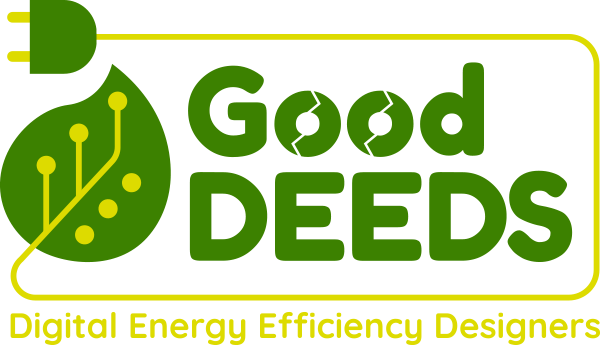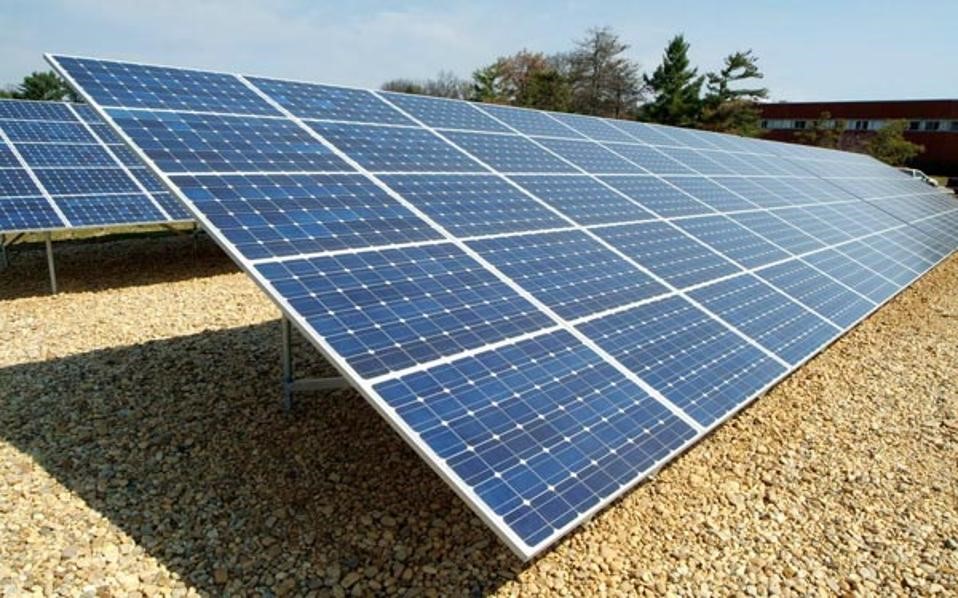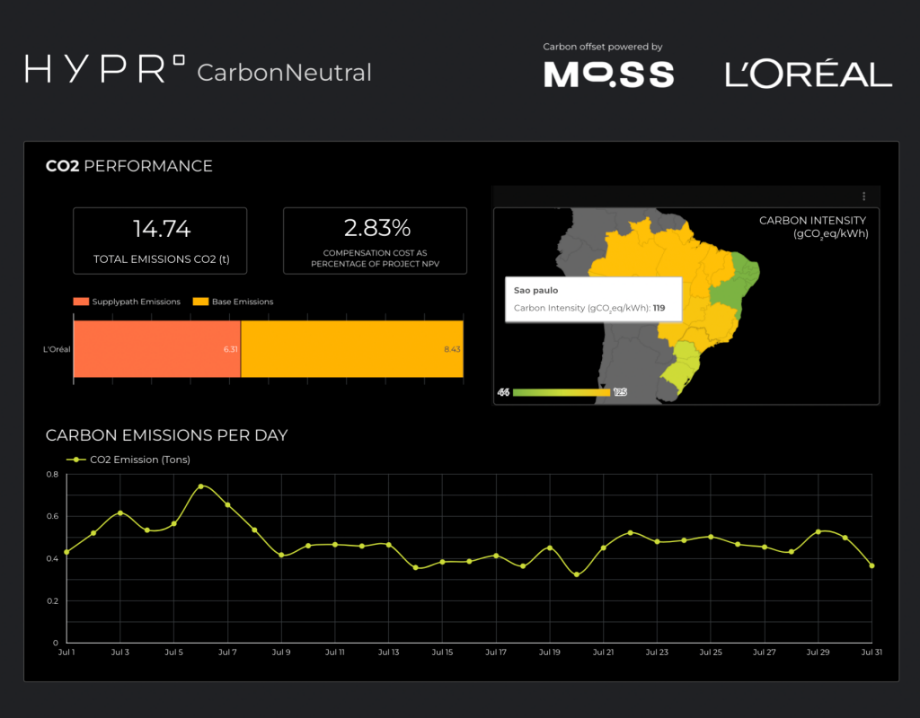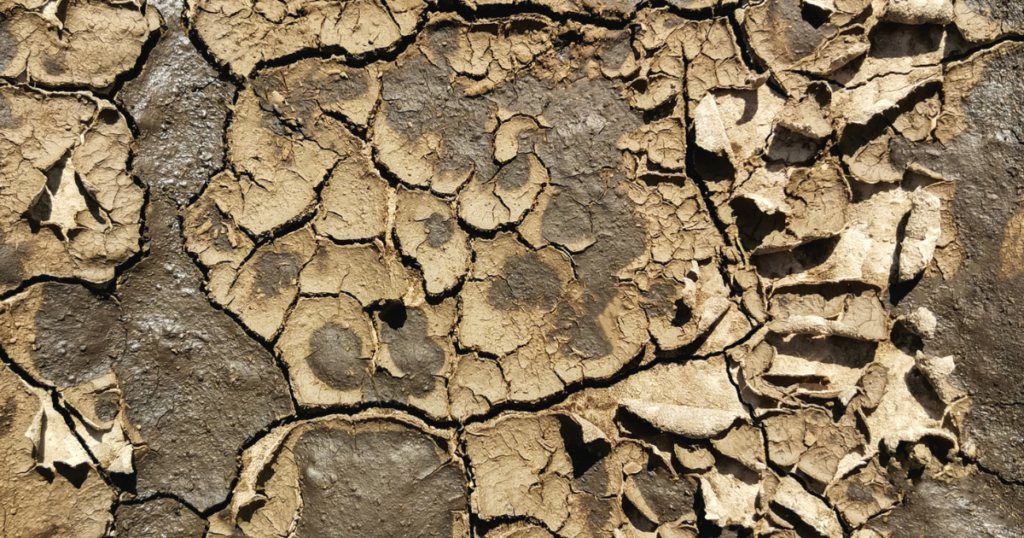Common Core and School Decision Curriculum Subjects with Implications for Environmental and Climate Change Education in Pre-University Education:
- Preschool education
Optional discipline: “Ecological and environmental protection education”.
- Primary education
Disciplines from the common core:
Geography (4th grade) – with learning activities: acquiring interest in understanding the role of the environment for the life and activity of society; understanding the need to protect the living environment; participation in environmental conservation activities; the formation of a civic attitude regarding knowledge, conservation and protection of the environment.
Civic education (3rd and 4th grades) – with learning activities: participation in simple projects with moral-civic content, within the class, school or local community; involvement, at class, school or local community level, in simple projects, on various themes with moral-civic content; active participation in the implementation of the projects proposed by the teaching staff, on various topics (for example, capitalizing on traditional activities/traditions from the local community, protecting the immediate environment).
Counseling and personal development (1st – 2nd grades) – learning contents are organized by domains: self-knowledge and healthy lifestyle; emotional and social development; specific aspects of the organization of learning and preparation for life for young schoolchildren.
Curriculum subjects at the school’s discretion
Create your environment – examples of learning activities for 3rd and 4th grades: organizing ecological activities; establishing some rules of conduct towards the environment; illustration of important data from the calendar of ecological activities; organization of poster contests, advertising materials to publicize the effects of pollution in the area; creation and interpretation of skits, dramatizations, on ecological themes; selective waste collection; making models and advertising objects from waste; organizing contests.
- Secondary education
Disciplines from the common core:
Geography (5th – 8th grades) – contributes to the identification and explanation of some findings (and truths), results of the interaction between the components of the natural terrestrial environment and those of society, as well as of the global human-nature interaction (examples of contents: 6th grade – the effects of human activities on the environment and the quality of life; 7th grade – identification of existing problems in the environment, 8th grade – identification of solutions to protect the geographical environment from the local or distant horizon).
Technological education and practical skills – contribute to the creation of contexts that favor the formation of responsible attitudes towards health, the environment, work by applying work safety measures, fire prevention and extinguishing rules, workplace ergonomics, by reducing energy consumption , through the rational use of the material resources necessary to make a product.
Social education – examples of contents:
5th grade: child’s rights; responsibilities associated with them, exemplifying rights in concrete contexts (for example, the right to identity, the right to family, the right to education, the right to play and recreational activities, the right to protection against violence, abuse and exploitation, the right to security and social protection, environmental protection – condition of life);
7th grade – activities: active participation in the realization of the proposed projects, on different themes (for example, projects related to the prevention and combating of violence, social and educational inclusion, projects regarding the influence of local public decisions/policies in various fields, projects related to environmental protection/cultural heritage protection).
Counseling and personal development – contributes to the adoption of a responsible attitude towards one’s own health and the environment, from the perspective of well-being by adopting a healthy lifestyle and risk behavior management.
Curriculum subjects at the school’s discretion
Health education (1st – 12th grades) – environmental health field (for all grades).
Create your environment (Grades 5th – 7th)
Activities: identification of some types of waste from the household, school, neighborhood, etc.
Contents: Effects of environmental degradation produced by man and his activities; Waste – sources of waste – collection, transport and storage of waste – recycling of waste; The effects of polluting factors on the ecological balance; Global problems – the greenhouse effect (formation, influence and mitigation measures) – acid rain (formation, influence and measures to avoid the formation of acid rain) – the ozone layer (what is ozone, how is the ozone layer affected and the consequences of its destruction ); Measures to protect the environment and combat pollution: purification and water treatment (types of purification, purification stations); purification of gaseous emissions; combating vibrations and noises; desiccation, drainage, fixing and stabilization of lands; rational management of resources; recovery, recycling and reuse of materials.
- High school
Disciplines from the common core:
Geography – 9th grade (Physical Geography) and 11th grade (Problems of the contemporary world), 12th grade (Geography of Romania – Climate chapter: influences, factors, elements, evolution).
Biology (grades IX – XII) – caring for the environment (skills: protecting and preserving the environment; organism-environment relationship).
High school education in the technological sector – profile-specific subjects for professional qualifications: ecological technician and environmental quality protection, agromontane technician, hydro-meteorologist, veterinarian Etc.
Curriculum subjects at the school’s discretion:
* Education for development (OMECS no. 3542/2016)
* Education for democracy (OMECTS no. 5817/2010)
* Extracurricular and extracurricular activities included in the Calendar of National Educational Activities financed by the Ministry of Education (2017, 2018, 2019) – (on the website www.edu.ro), examples:
- National competition of Environmental Projects
- The national competition of ecology and environmental protection “Let’s love nature”
- National competition of ecology and environmental protection “A healthy child in a clean environment”
- National Program School Otherwise – component Ecological education and environmental protection (OMENCȘ no. 5034/2016 for the approval of the Methodology for organizing the National Program School Otherwise.



